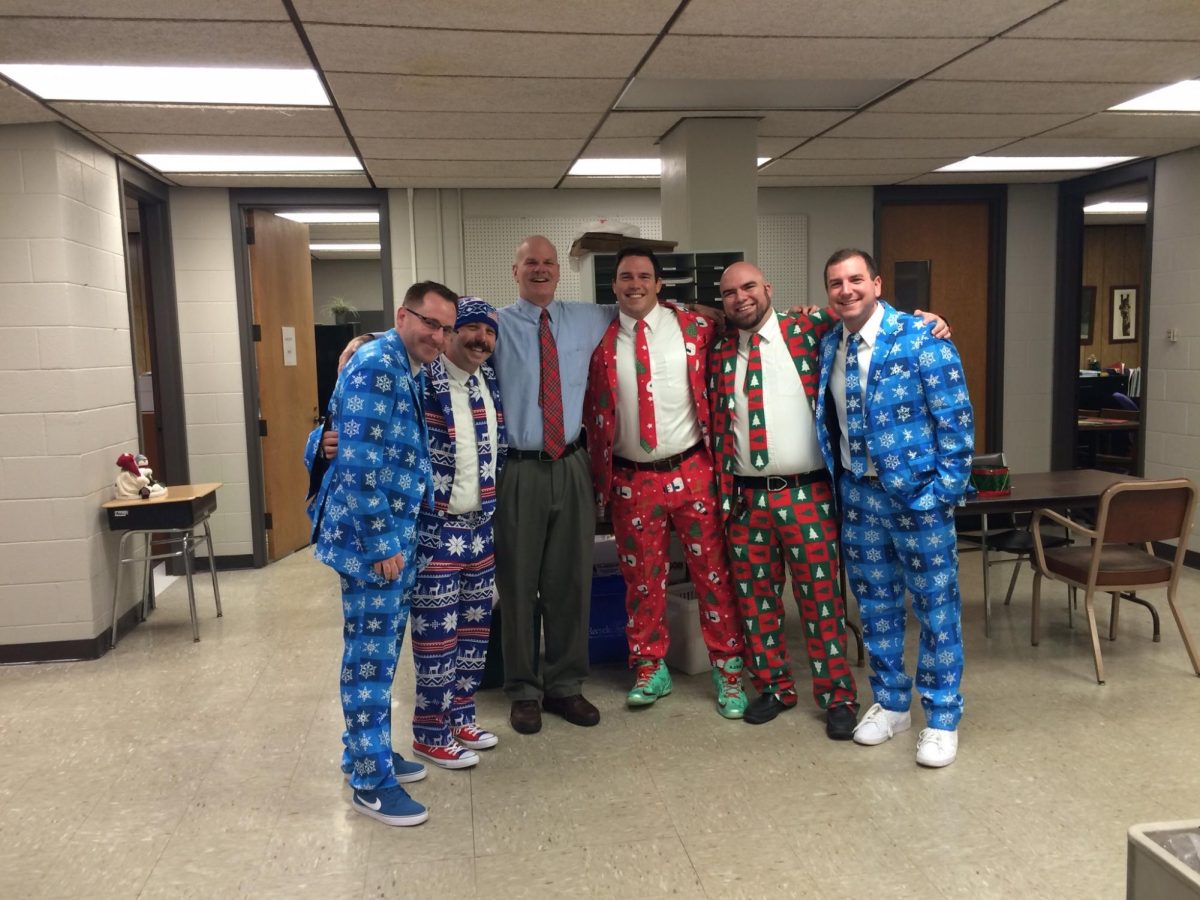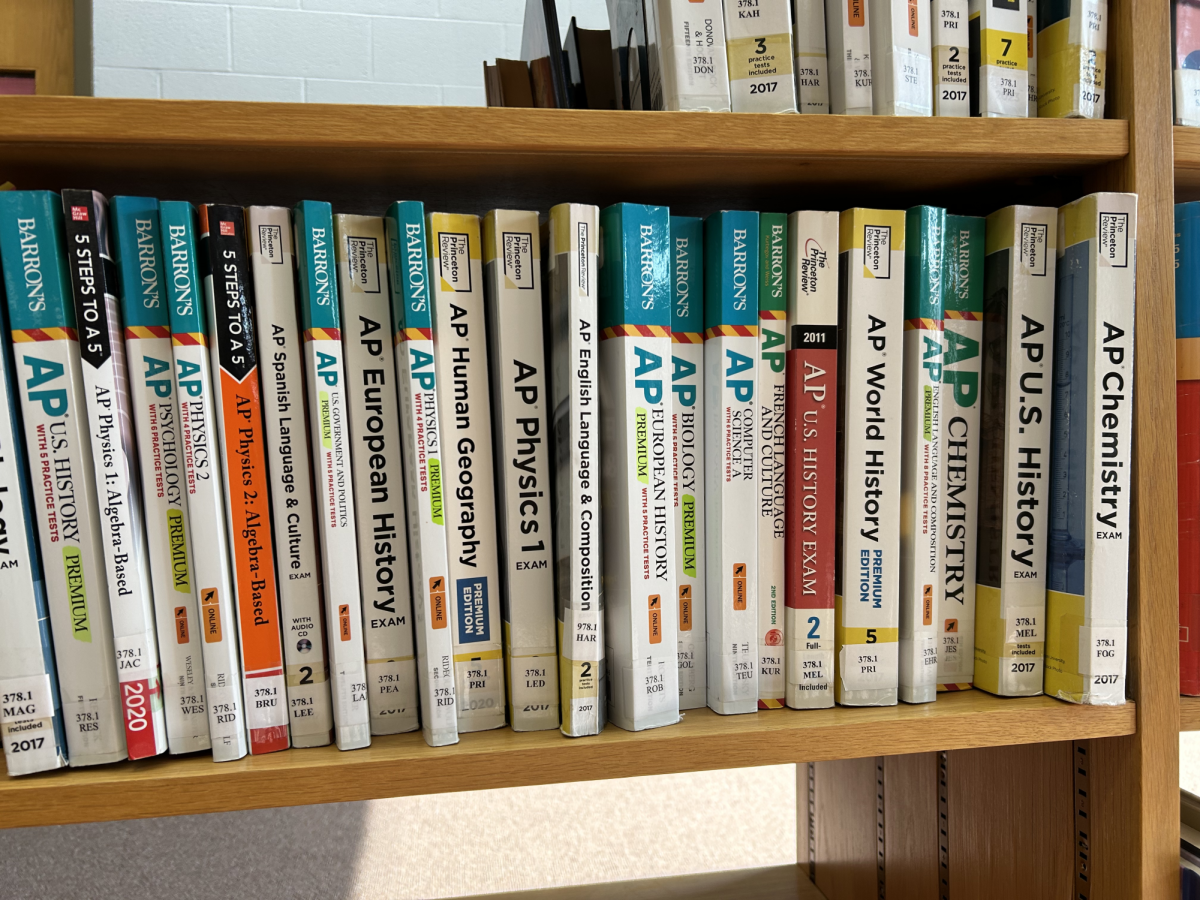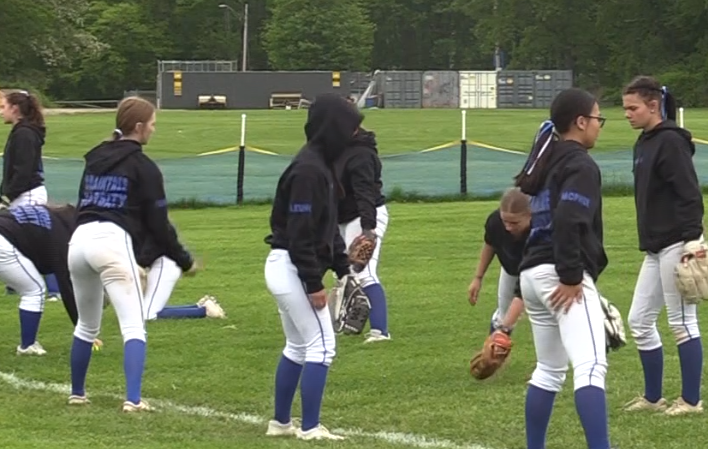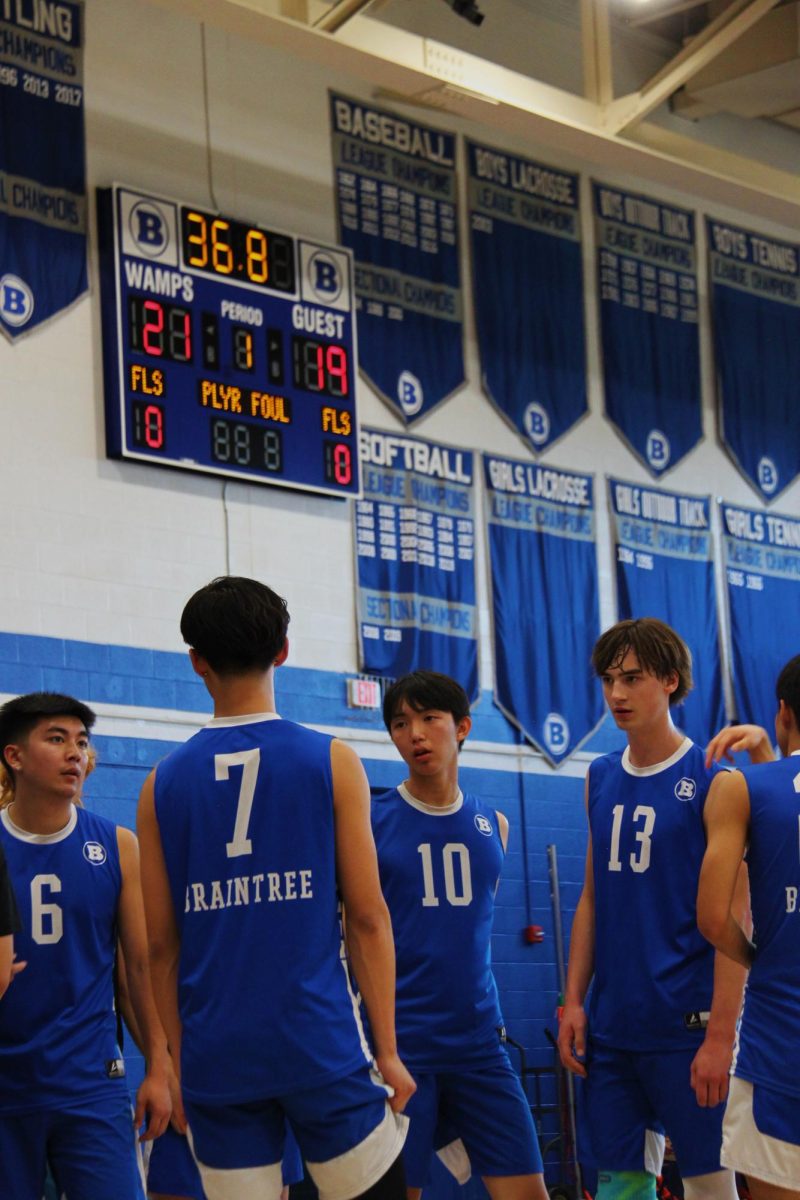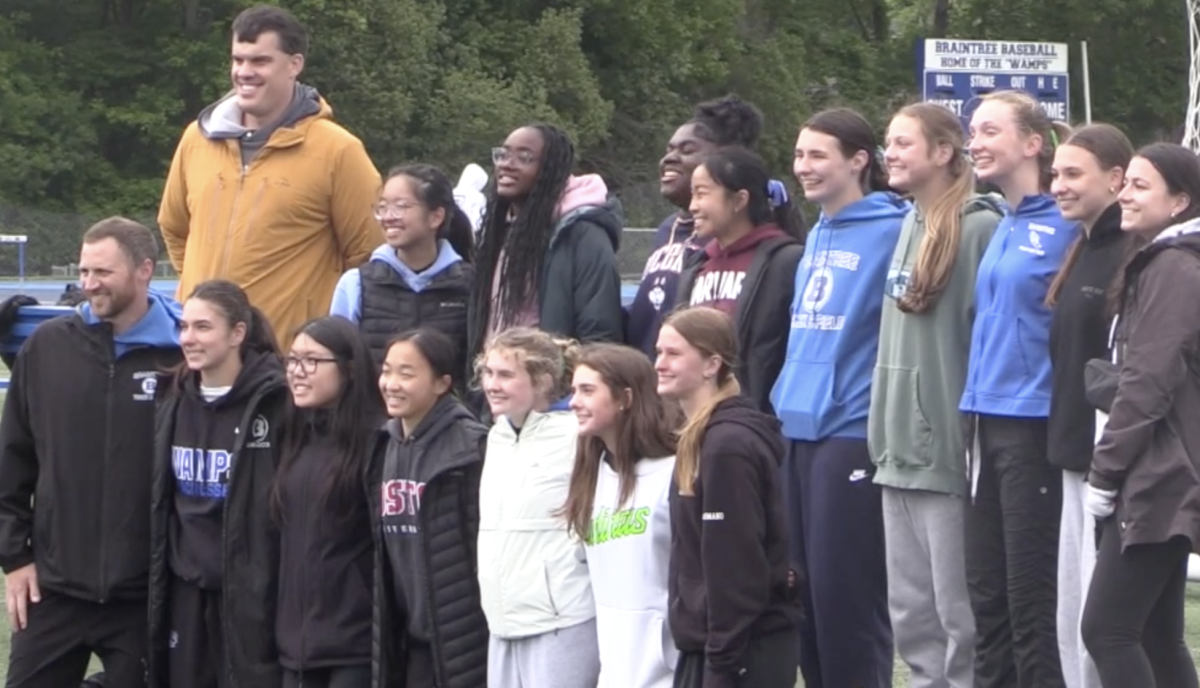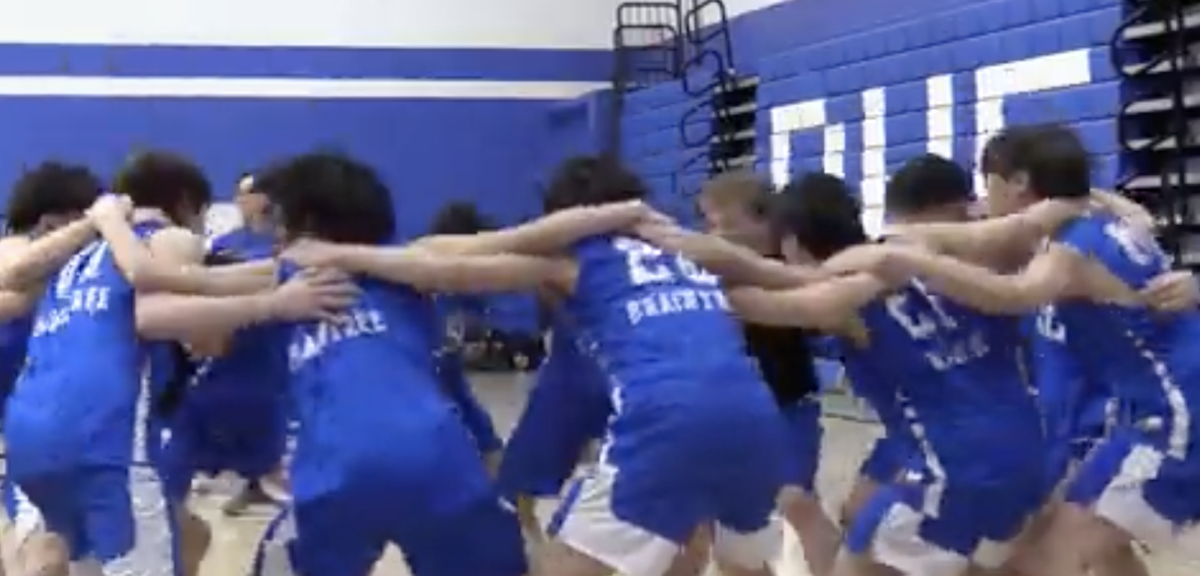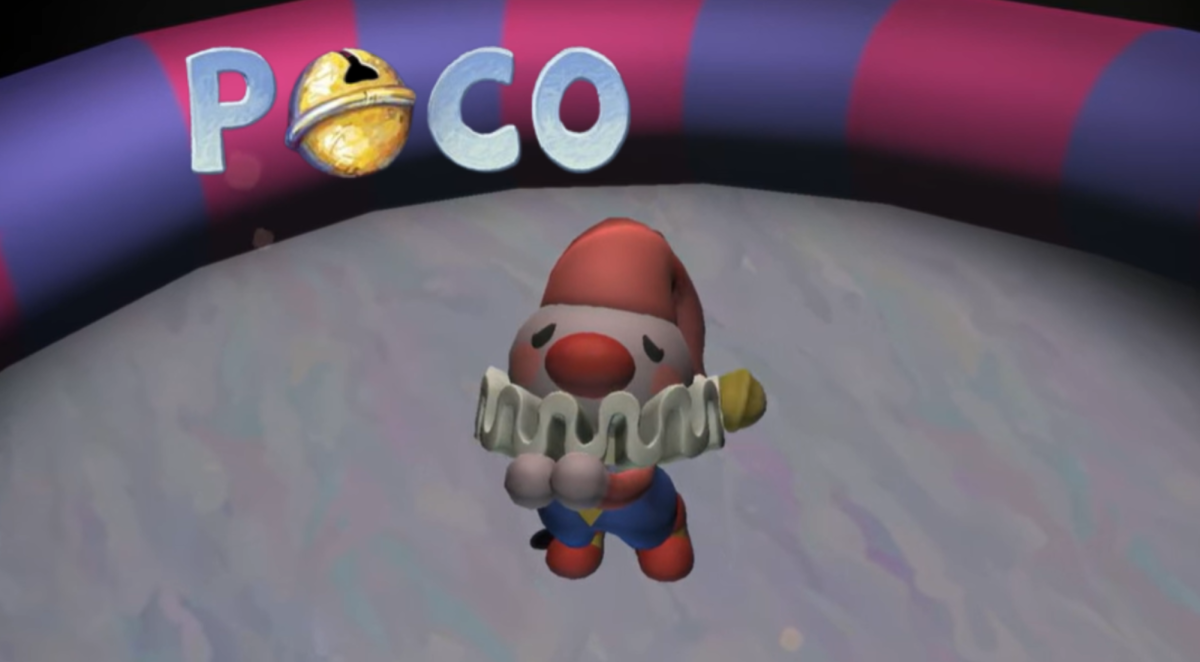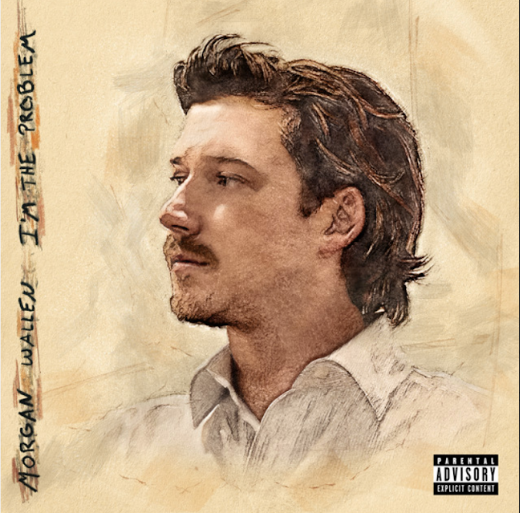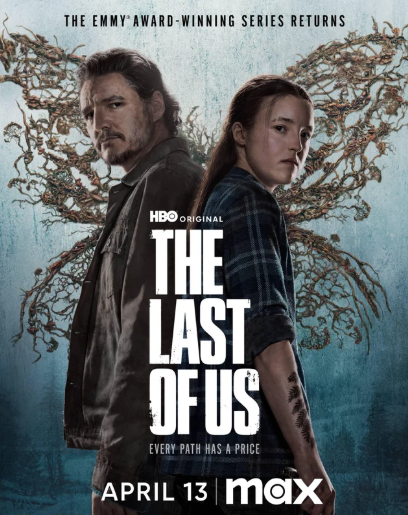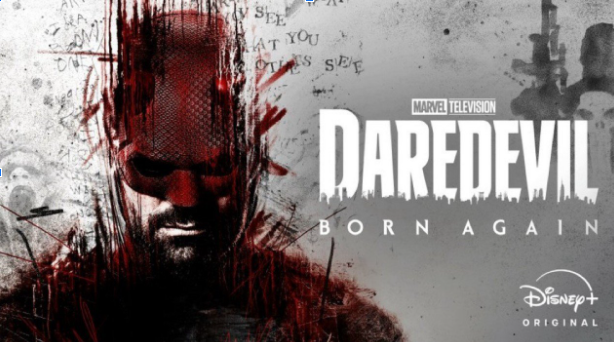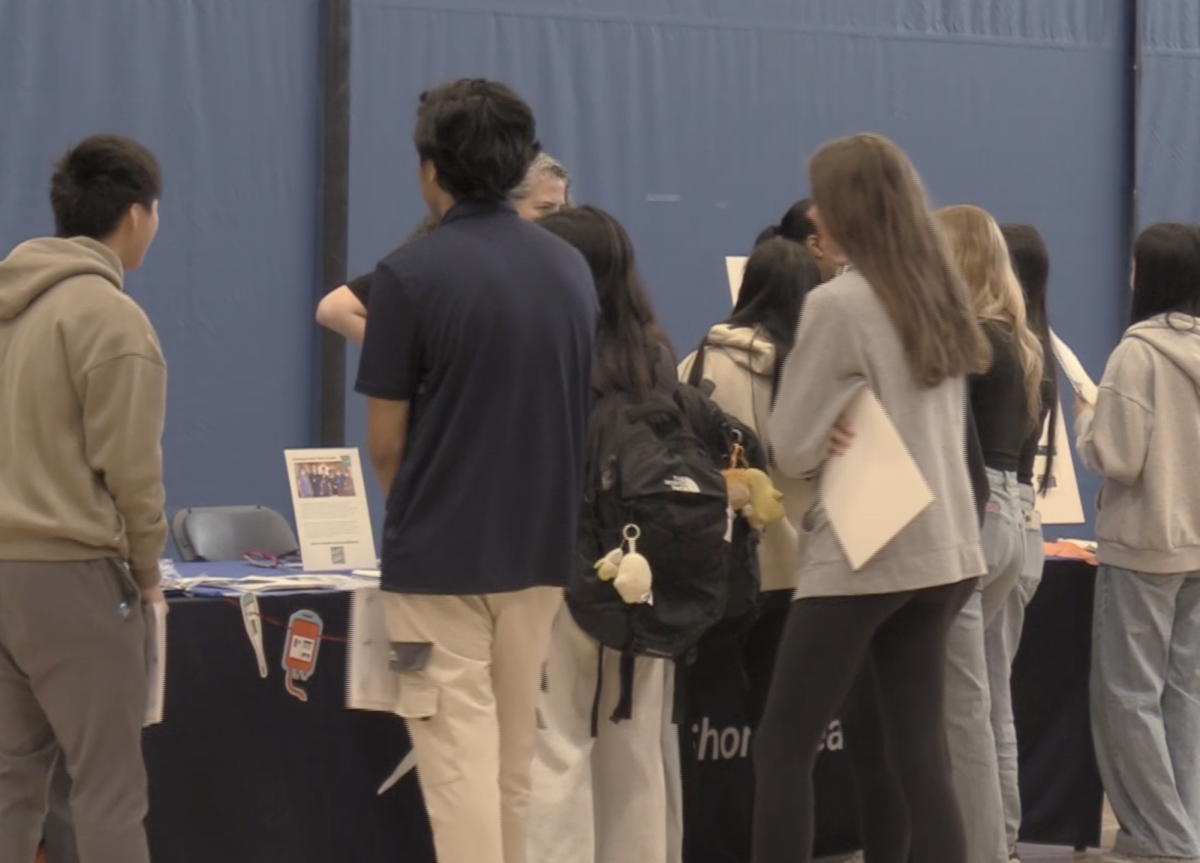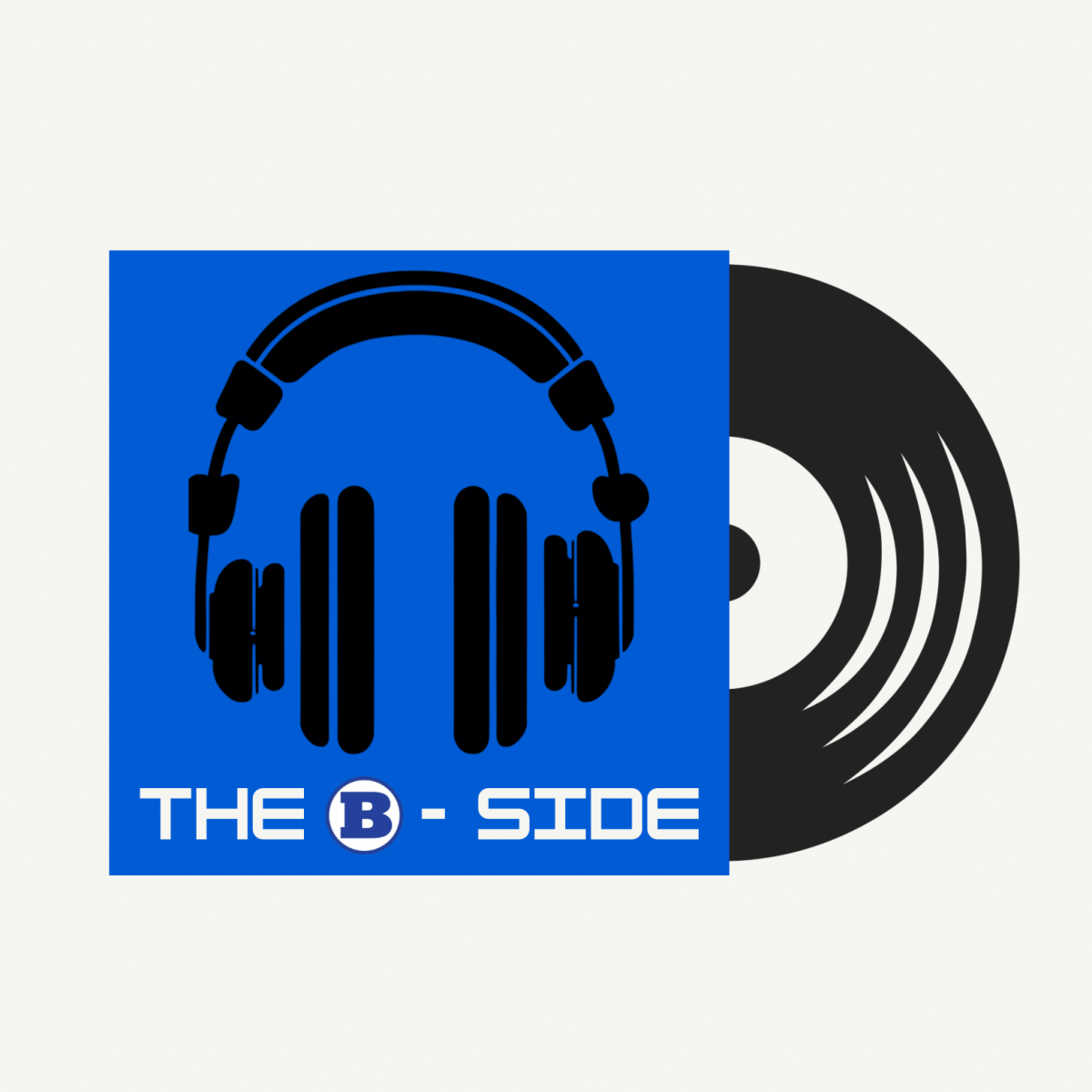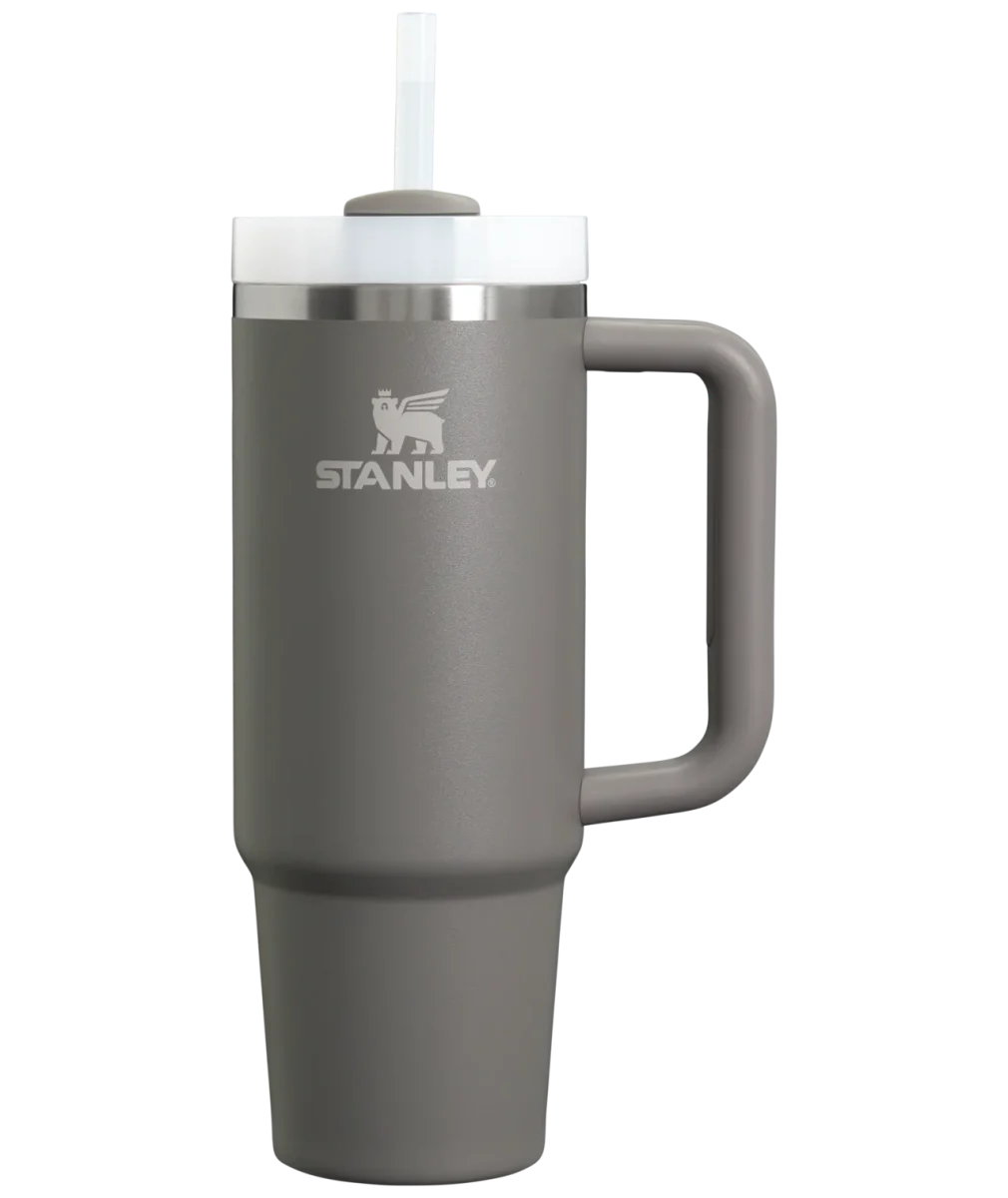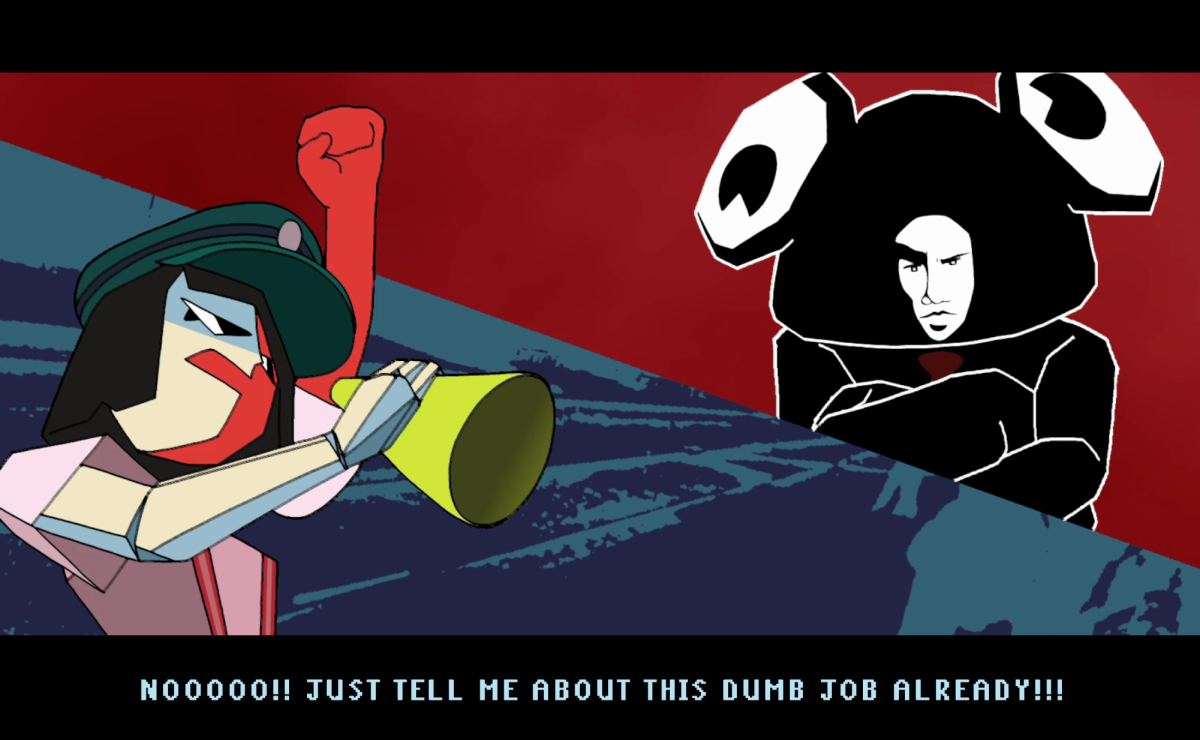A TikTok by user victoria_robino_26 shows a group of people rummaging through a Target to get a limited edition Valentines day Stanley water bottle; a bottle which is now being resold for upwards of $200.
Stanley water bottles exploded in popularity at the end of last year, paralleling similar water bottle trends like Hydroflask and Yeti. Stanley is not a new brand, producing water bottles since 1913. What once was a product made for the working class has joined a long list of brands who have been appropriated into luxury commodities.
The point of a reusable water bottle is that it’s reusable. Something that is apparently lost on some people as they even go as far as to collect these plastic lined status symbols. The environmental sustainability of Stanley’s products are overtly advertised as a selling point on their website. The website even says that their water bottles are meant to last a lifetime, which is ironic considering how they release limited edition versions of their water bottles.
Water bottles aren’t the only things guilty of disingenuous environmental advertising, take tote bags. Tote bags are usually made from cotton, a resource that requires a lot of water and which has a large carbon footprint. According to a CNN article from March 2023, a cotton bag would need to be used over 7,100 times to offset the environmental damage done in its production. The existence of designer tote bags demonstrates how products that were once made to be practical can be appropriated into a status symbol.
There is nothing wrong with buying commodities like a Stanley, but it is important to think critically about companies’ business practices and recognize how you could be getting exploited through dishonest advertising, and predatory business tactics like limited time releases. It’s vital that we are conscious of what we buy and know that buying more stuff will not solve our problems, but just contribute to excessive consumerism.



